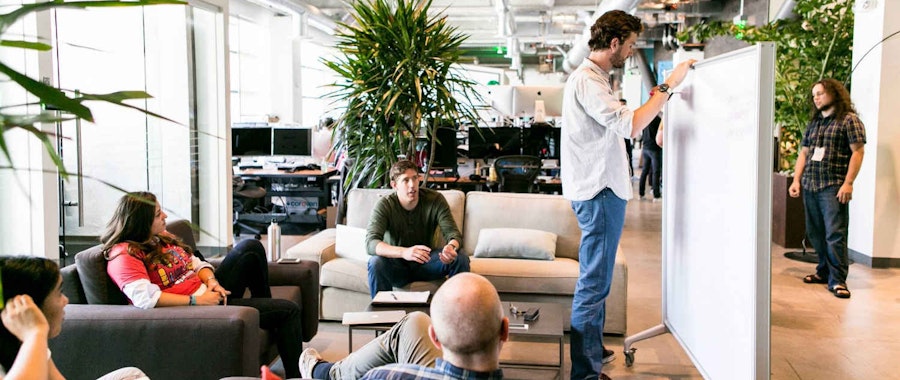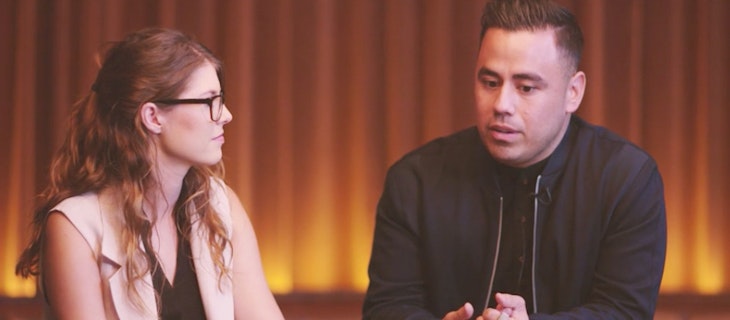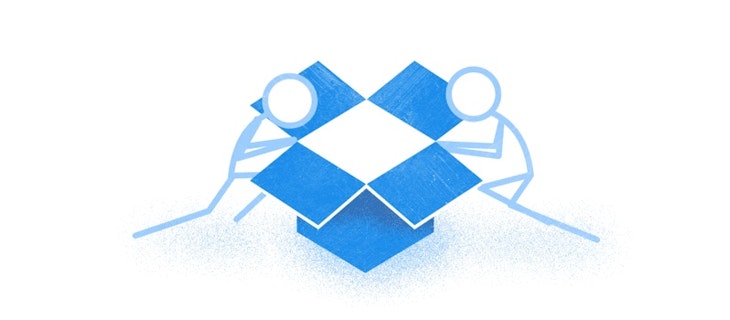
How to get out of a collaboration rut
As people, we’re naturally collaborative. Even giving people prompts to collaborate mean they spend longer working, enjoy their tasks more, and perform better. But what happens when the when you’re stuck in a collaboration rut at work?
Studies from Deloitte and Forbes have shown that for other businesses, good collaboration can yield higher revenue, stronger growth and employee satisfaction: overall, it could add $9.3 billion to Australia’s economy alone.
We say ‘good’ collaboration because this doesn’t just mean using every a meeting free-for-all. It also doesn’t mean being driven to distraction by constantly switching between dozens of different apps, tools, and devices. A concept called attention residue, when our minds can’t let go of old tasks, means the smallest of interruptions can reduce task performance by 20%. Combine that with the fact that employees spend 80% of their time in meetings, on the phone, or responding to emails, we’re fast facing a nationwide concentration crisis.
What’s even more worrying about collaboration are the effects on your star performers. Employees willing to help and known for their usefulness are often drawn into more and more projects while grinding away on their regular duties. At some point, the balance tips; workers become piled up with so much work from others that their stress increases, their productivity dips, and their enthusiasm falls away. An HBR study found that the people are seen as the best sources of information and in the highest demand as collaborators have the lowest engagement and career satisfaction scores.
How to re-approach teamwork and collaboration
As per HBR’s ‘Collaborative Overload’, collaborative resources and skill sets are generally divided into three demands:
Personal: One’s own time and energy
Informational: Requests for the person’s knowledge and skills. An expertise that can be passed on.
Social: One’s awareness, access, or position in a network
When bringing teams together for a meeting, think of the more specific skills you need, who can offer them, and what the cost will be to them. So this becomes:
Personal: Consider educating employees on how long to spend on personal requests, or allocating a personal budget for time spent in a week.
Informational: Informational requests need a little more forward planning. For any regular task, encourage employees to write down their process in detail and create a playbook such that when asked, they can hand it off to someone else to execute exactly as they would.
Social: Demonstrate how social requests can be handled easily using an introduction or email, and take up very little time.
Collaboration can lead to fresh ideas and brilliant companies. But, when done poorly, it may also lead to wasted time, distracted employees, and burnt out star workers. Taking a measured approach will result in greater productivity, happier employees, and more great work done.


